What it means to be an employer of choice
What would it mean for you to be an employer of choice? Anything? Nothing?
Imagine you're waiting for your latte in a café and overhear someone say that your company is not a good place to work. Would this bother you? What if they went on to highly recommend your competitor? Would you lean in for the reasons, roll your eyes, or simply not care?
Smart employers realise that positioning themselves as employers of choice attracts candidates who genuinely care about where they work. These candidates are generally more engaged, more committed, and more likely to think long-term. But what does it take to become an employer of choice, and why is it so important?
The importance of being an employer of choice
Being an employer of choice isn't just about attracting top talent, it's about building a workplace culture that prioritises employee satisfaction, diversity, and inclusion. When employees feel valued and supported, they are more likely to be engaged in their work, leading to higher productivity and reduced staff turnover. Moreover, a positive reputation as an employer of choice can enhance your company's brand image and make it a magnet for future talent.
Investing in culture, practices, and policies
Employers of choice invest in their culture, practices, and policies to ensure they are open to the best of the best. This involves creating a supportive environment where employees feel valued and respected. It also means implementing policies that promote work-life balance, professional development, and career growth.
Key strategies to become an employer of choice:
1. Foster a positive workplace culture: Create an environment where employees feel appreciated and motivated. Encourage open communication, recognise achievements, and provide opportunities for growth.
2. Promote diversity and inclusion: Embrace minority groups such as people with disabilities. Diversity brings a wealth of perspectives and ideas, fostering innovation and creativity.
3. Support employee well-being: Implement policies that promote work-life balance, such as flexible working hours and wellness programs. Show that you care about your employees' physical and mental health.
4. Provide career development opportunities: Invest in your employees' professional growth. Offer training programs, mentorship, and clear pathways for advancement.
The role of recognition
Being recognised as an employer of choice by an industry body is an incredible achievement, but being recognised as an employer of choice by job seekers is your reputation in the community. This recognition signifies that your company meets high standards in terms of employee satisfaction and workplace practices.
The impact on business success
Employers of choice see tangible benefits in their bottom line. Engaged and satisfied employees are more productive, innovative, and committed to their work. This can lead to higher customer satisfaction, improved business performance, and a competitive edge in the market. Moreover, a positive workplace culture can reduce staff turnover rates and the associated costs of hiring and training new employees.
Conclusion
In today's competitive job market, becoming an employer of choice is more important than ever. It requires a commitment to creating a positive workplace culture, promoting diversity and inclusion, and investing in your employees' well-being and development. But the rewards are well worth the effort.
I’m Daniel Phasey, and I help companies lift their social reputation and become employers of choice.
By focusing on these key areas, you can build a reputation as an employer of choice and attract the best talent to drive your business forward.







